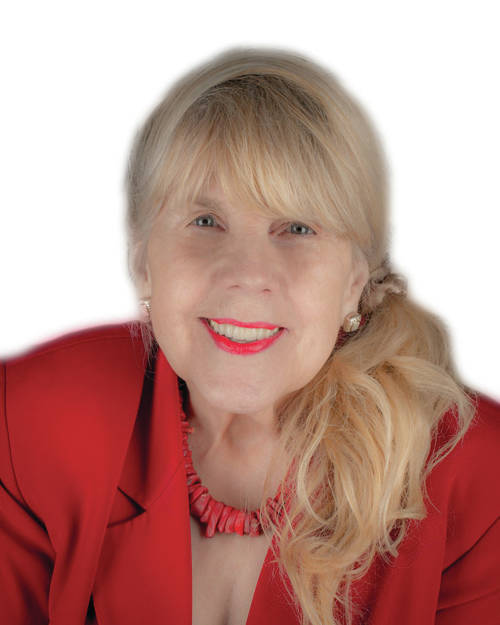
By Vivian Blevins
Contributing Columnist
Two issues that are crying out for our attention this week are the Buffalo gunman, Payton Gendron, who allegedly was concerned about Replacement Theory and had planned to murder Blacks in the supermarket where 10 died and at other locations and social media outlets which are considering whether to ban postings on Replacement Theory. Have you heard the chants of “You will not replace us!” at one rally and another?
My question and one for your considering might be the following: Is Replacement Theory a political ploy to garner votes from those who fear, or are hostile to, the following groups: immigrants, racial minorities, members of the Jewish community, and those who are LBGTQA and the power that is implicit in these groups? Or is it a feeling that the essence of these groups is threatening to some in terms of its being contradictory to their sense of what it is to be an American? Or is it something else which might be grounded in the Christian religion? Or?
I believe the first order of business for a conversation is to ascertain what the person with whom we are conversing understands “Replacement Theory” to mean. Of course, we can readily do online research to locate “the definition,” but perhaps we can get further by clarifying the understanding of individuals. And maybe we really just want to discuss the changing demographics in the U.S. and the implications of those changes.
Change is a constant in our world, and we often have limited capacity to navigate the waters, at times treacherous, that come with change. In this week’s column, please indulge me while I point out some issues you might want to consider as you explore the changes we are experiencing. And I’m not referring to the price of gasoline and food, Monkeypox outbreak, the war in Afghanistan and other problems that knock on our doors.
· Take a trip to a local cemetery and read the tombstones. Realize that the demographics of those buried there have changed through the decades. Don’t distract me here by saying that you plan to be cremated and have no tombstone. Does realizing that we have limited time make you affirm a commitment to being a better person in the myriad roles you play? Will the replacements you are now nurturing be good people?
· Reconsider the American history you have studied with European Americans settling this country and driving Native Americans away from lands they previously inhabited. Then, we continued to expand south and west through wars or purchasing lands. Were Native American “replaced” by these initiatives?
· Think about immigration for a minute. Are you an immigrant? Were your ancestors? Legal or illegal? Have you taken a DNA test to determine your origins? Few can claim to be Native Americans. And as you consider immigration, know that most of us believe that we must screen those who enter this country to determine their intent, and we must use devices/resources at our disposal to carry out this job. Immigration issues are never as simple as continuing to build a wall at our southern border.
· More about immigration. In the past we used Chinese immigrants to build our railroads and African Americans slaves to build wealth in the South. Today we use immigrant labor to plant and harvest our crops, to work in meat processing plants, to maintain hotel/motel properties, to provide landscaping services. Read the rosters at your next visit to a health care facility. Many first- and second-generation immigrants are working in the medical profession in a host of areas from physicians to aides. How would we provide the ever-increasing demands for quality health care without them? And as our population continues to age, the demand will only increase.
· Population. Birth rates among whites are down as current generations are marrying later or opting not to marry, pursuing careers, and having fewer children or none. We are aware of these shifts, and how do we accommodate them in positive ways?
In conclusion, change is inevitable, and we need those whom we elect to be educated and to work collaboratively to identify challenges and ways to best address them. Of course, we come from different perspectives on terms of what we want from our country, and we know this is an ongoing process. Are we committed to our democracy? Yes, and it’s messy at times, but we must insist on persevering.
Vivian B. Blevins, past CEO of colleges in Kentucky, Texas, California, and Missouri, holds a Ph.D. from The Ohio State University. She currently writes a weekly column for Aim Media Midwest, teaches at Edison State Community College, and volunteers with veterans. Her email is [email protected]. Viewpoints expressed in the article are the work of the author. The Daily Advocate does not endorse these viewpoints nor the independent activities of the author.




